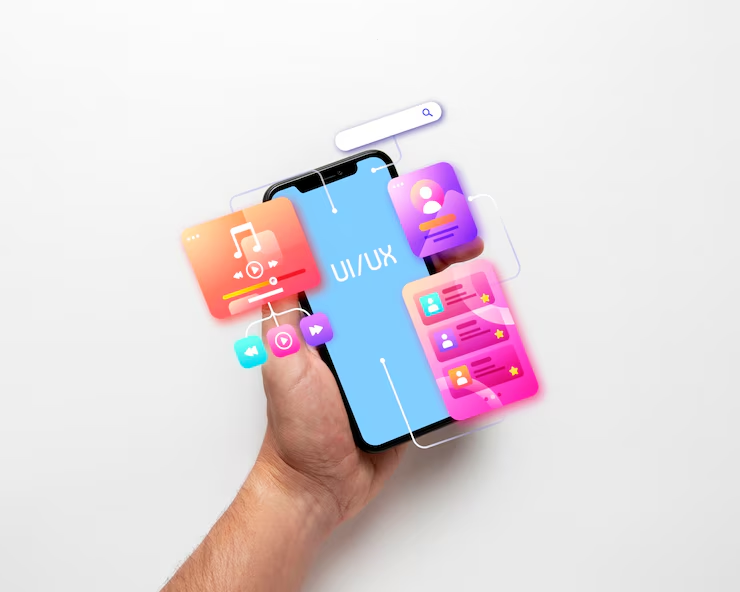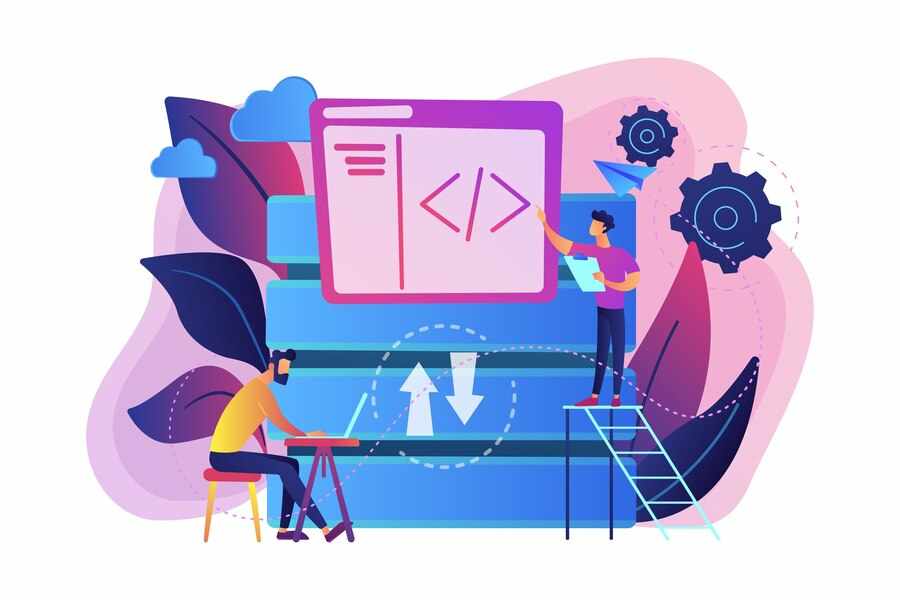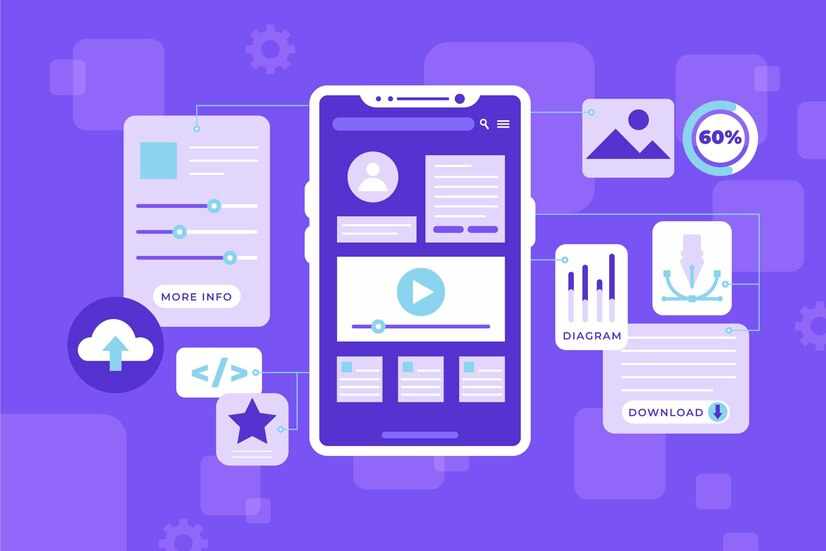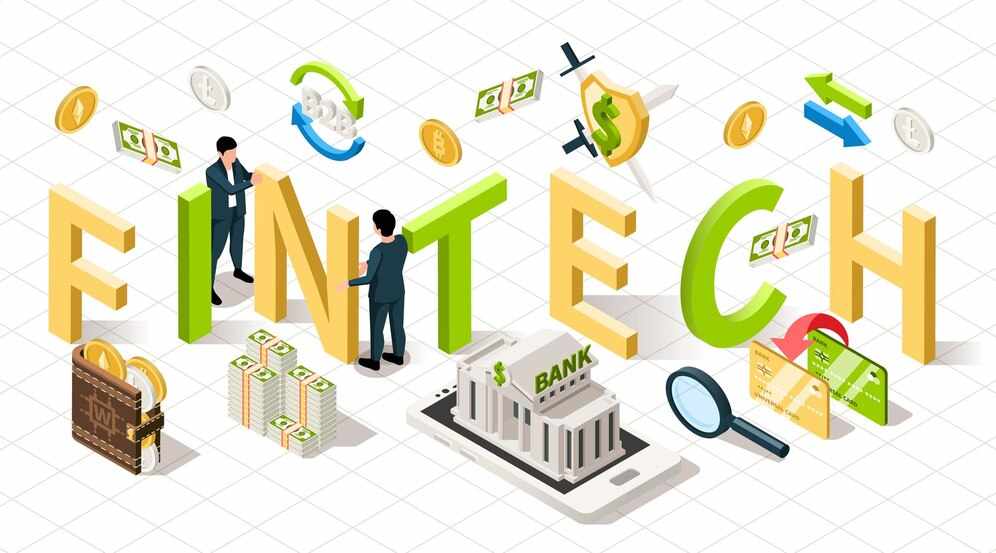As the automotive industry rapidly transitions into a digital-first domain, the role of connected vehicle technologies and automotive applications has become critical. These innovations offer convenience, efficiency, and safety.
However, with increased connectivity comes heightened scrutiny regarding data protection. For any automotive software development company operating in or targeting the European market, understanding and complying with EU data privacy laws is no longer optional—it's a business imperative.
Why Data Privacy Matters in Automotive Apps
Modern vehicles function as moving data centers, collecting vast amounts of personal and telematics data. From location tracking and driving behavior to biometric access and infotainment preferences, automotive apps are deeply intertwined with sensitive user data. This is where compliance with the European Union’s General Data Protection Regulation (GDPR) becomes paramount.
A trusted automotive software engineering company must embed privacy by design and by default into its application architecture. The failure to meet these regulations can result in severe financial penalties, brand damage, and restricted market access.
Key EU Data Privacy Laws Impacting Automotive Apps
1. GDPR (General Data Protection Regulation)
The cornerstone of data protection in the EU, GDPR applies to all companies processing personal data of EU citizens, regardless of their location. Automotive apps often collect:
Location and GPS data
Vehicle identification numbers (VINs)
Driving behavior metrics
Contact information and user preferences
For providers of automotive software development services, GDPR compliance means:
Lawful basis for data collection: You must clearly justify why you’re collecting user data (e.g., consent, contractual necessity).
User consent and rights: Users must be informed and empowered to access, modify, or delete their data.
Data minimization: Only collect data that is absolutely necessary.
Data protection by design: Developers must incorporate technical and organizational safeguards at every stage.
A compliant automotive software engineering company ensures that these rights are built into the app experience from day one.
2. ePrivacy Directive and ePrivacy Regulation (Upcoming)
The ePrivacy Directive complements GDPR and focuses on electronic communications. It applies to vehicle telematics, connected car communications, and in-app cookies. The long-awaited ePrivacy Regulation will replace the Directive and introduce even stricter controls.
If your automotive app includes communication features (voice commands, live support, or vehicle-to-infrastructure messages), you must:
Gain clear consent for tracking and communication interception
Secure communication channels with end-to-end encryption
Offer clear opt-in/opt-out mechanisms for cookies and behavioral analytics
3. Data Act (2024 Onward)
Introduced by the European Commission, the Data Act aims to empower users with more control over non-personal and industrial data—like vehicle diagnostics or fleet management insights. This is particularly relevant for automotive software engineering services providing analytics dashboards, predictive maintenance platforms, or multi-vehicle integrations.
A forward-thinking automotive software development company must ensure that data-sharing agreements and API structures respect user control and interoperability.
Best Practices for Automotive Software Companies
Conduct a Data Protection Impact Assessment (DPIA)
Before launching or updating an app, evaluate the potential impact on user privacy.Appoint a Data Protection Officer (DPO)
For companies offering extensive automotive software development services, having a dedicated DPO can streamline GDPR compliance.Integrate Privacy into UI/UX
Consent screens, cookie banners, and privacy settings should be intuitive and transparent.Work with Certified Partners
Choose infrastructure partners that are GDPR-compliant and offer secure data centers within the EU.Ongoing Compliance Monitoring
Privacy laws evolve. A professional automotive software engineering company keeps systems updated with changing regulations and audits privacy practices regularly.
Final Thoughts
The European Union continues to lead globally in regulating digital data and user privacy. Automotive apps, while offering immense value, are under the microscope when it comes to responsible data handling. Businesses seeking to offer automotive software engineering services in the EU must align their development practices with strict regulatory frameworks.
Whether you're building in-car apps, fleet management solutions, or mobility services, working with an experienced automotive software development company that prioritizes privacy and compliance can set your product apart—and protect it from costly legal consequences.















Write a comment ...